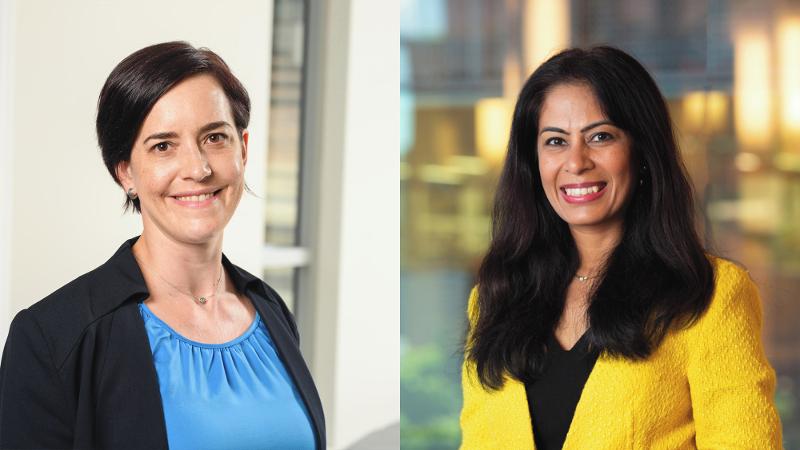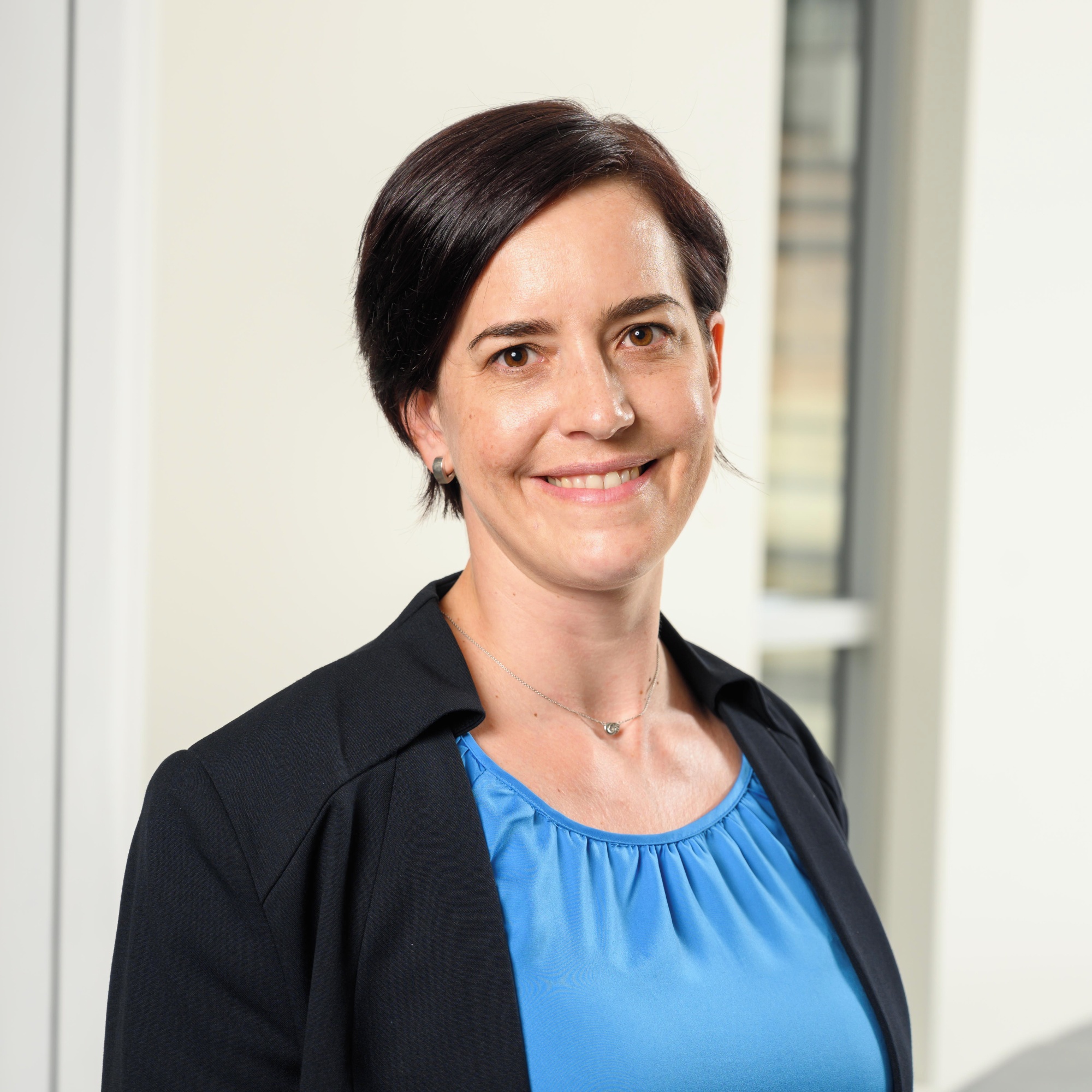
QUT researchers will work on new prostate cancer diagnostic technology and standardising patient-specific 3D-printed biomedical implant workflows as two of 10 recipients of 2021 REDI Fellowships announced today.
- Associate Professor Jyotsna Batra, QUT Centre for Genomics and Personalised Medicine, will develop antibodies that detect prostate cancer with TissueGnostics in Vienna.
- Dr Marie-Luise Wille, QUT Centre for Transformative Biomimetics in Bioengineering and the QUT Centre for Biomedical Technologies, will work with Stryker on standardising its workflow for patient-specific biomedical implants manufactured at the point of care.
The Researcher Exchange and Development within Industry (REDI) Fellowship program provides up to $250,000 per Fellow, per annum, and supports them with entrepreneurism experiences and exposure to strengthen Australia’s successful translation and commercialisation of medical research.

Professor Jyotsna Batra (pictured above) from the QUT Centre for Genomics and Personalised Medicine will work with TissueGnostics on developing antibody technology for prostate cancer detection.
Professor Batra is a geneticist who uses genetic and bioinformatics analysis to define disease risk.
She said the technology will be based on her research group’s discovery of DNA variations linked to prostate cancer, including a prostate specific antigen (PSA) gene variant that impacts current clinical testing accuracy, and the novel molecules that identify it.
“Small modifications to existing antibodies can enable better PSA detection in cancer tissue sections,” Professor Batra said.
“We can then use the novel antibodies to create better diagnostic tools to identify men whose cancer is likely to be aggressive and who would benefit most from intensive treatment.”
Prostate cancer is the most diagnosed cancer in Australian men with about 17,000 men newly diagnosed each year, and the second most common cause of cancer death.
TissueGnostics is a globally acting and innovative medtech company that develops solutions for automated analysis of tissue sections using state-of-the-art image analysis and machine learning technologies.
Professor Batra will develop a diagnostic kit and corresponding AI-based analysis software with TissueGnostics in Vienna, Austria, part-time over two years from mid-2022.
She will then use the antibody technology for her Advance Queensland Industry Research Fellowship to develop new diagnostic or prognostic biomarkers and progress clinical trials.

Dr Marie-Luise Wille (pictured left) from the QUT Centre for Transformative Biomimetics in Bioengineering and the QUT Centre for Biomedical Technologies will optimise Stryker’s biomedical implant workflow during her REDI fellowship.
“3D printing technology can significantly advance biomedical implant development to meet the speed and cost expectations of patients and health care providers,” Dr Wille said.
“But non-standard workflows from initial presentation of a patient with a bone condition through to clinical assessment, design, manufacture, and surgical insertion of the implant have multiple, time-consuming iterations.
“Optimising the workflow will ultimately deliver outstanding value for the patient by significantly reducing time to treatment.”
Working with Stryker teams across Australia, Germany and Ireland, Dr Wille will develop a new, standardised, patient-centred workflow for testing and ultimate adoption by Stryker via an online communication platform.
The 12-month fellowship will start in 2022 and builds on a similar project by Dr Wille and Stryker earlier this year through the BridgeTech Industry Fellowship Program.
QUT also has a long-standing relationship with Stryker in developing robotic device technologies and is a partner in its first Australian research and development lab slated to open in Brisbane.
Stryker is one of the world’s leading medical technology companies offering innovative products and services in orthopaedics, medical and surgical, and neurotechnology and spine.
The REDI Fellowship Program is supported by the $32 million four-year MTPConnect Researcher Exchange and Development within Industry initiative funded by the Australian Government Medical Research Future Fund (MRFF) to deliver system-wide improvements to skills development and training programs for the medical technology, biotechnology and pharmaceutical (MTP) sector workforce.
The 2021 REDI Fellowship recipients were announced on 14 January 2022.
Media contacts
Novella Moncrieff, 07 3138 1150 or novella.moncrieff@qut.edu.au
After hours: 0407 585 901 or media@qut.edu.au


